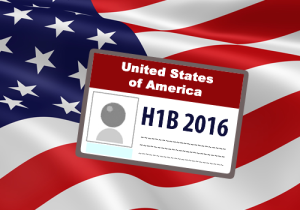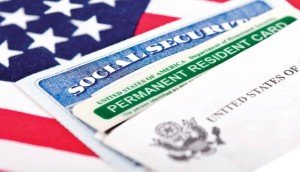Border Surge: Increase of Central Americans Seeking Asylum at US Border
Another surge of migrants is occurring at the United States border. The United States witnessed a tremendous surge in the number of unaccompanied children crossing the border into the United States in the summer of 2014. The majority of these minor unaccompanied children came from Southern American countries that are beleaguered by violence, gang warfare, and lawlessness.
The article notes that the US is making extra efforts to discourage “irregular” migration. Department of Homeland Security Secretary Jeh Johnson made a trip to Central American countries to warn people that the United States is not welcoming to it. A public relations campaign is underway in Honduras, Guatemala, and El Salvador to discourage future asylum seekers from entering the country. That is in addition to the detention centers that the government houses migrants in, which have received attention for subpar conditions.
Asylum is a difficult proposition for the majority of recent Central American arrivals, whose claims are often based on gangs. The US stresses that its message is “Don’t come. If you do and your asylum claims are denied, we will remove you.”

